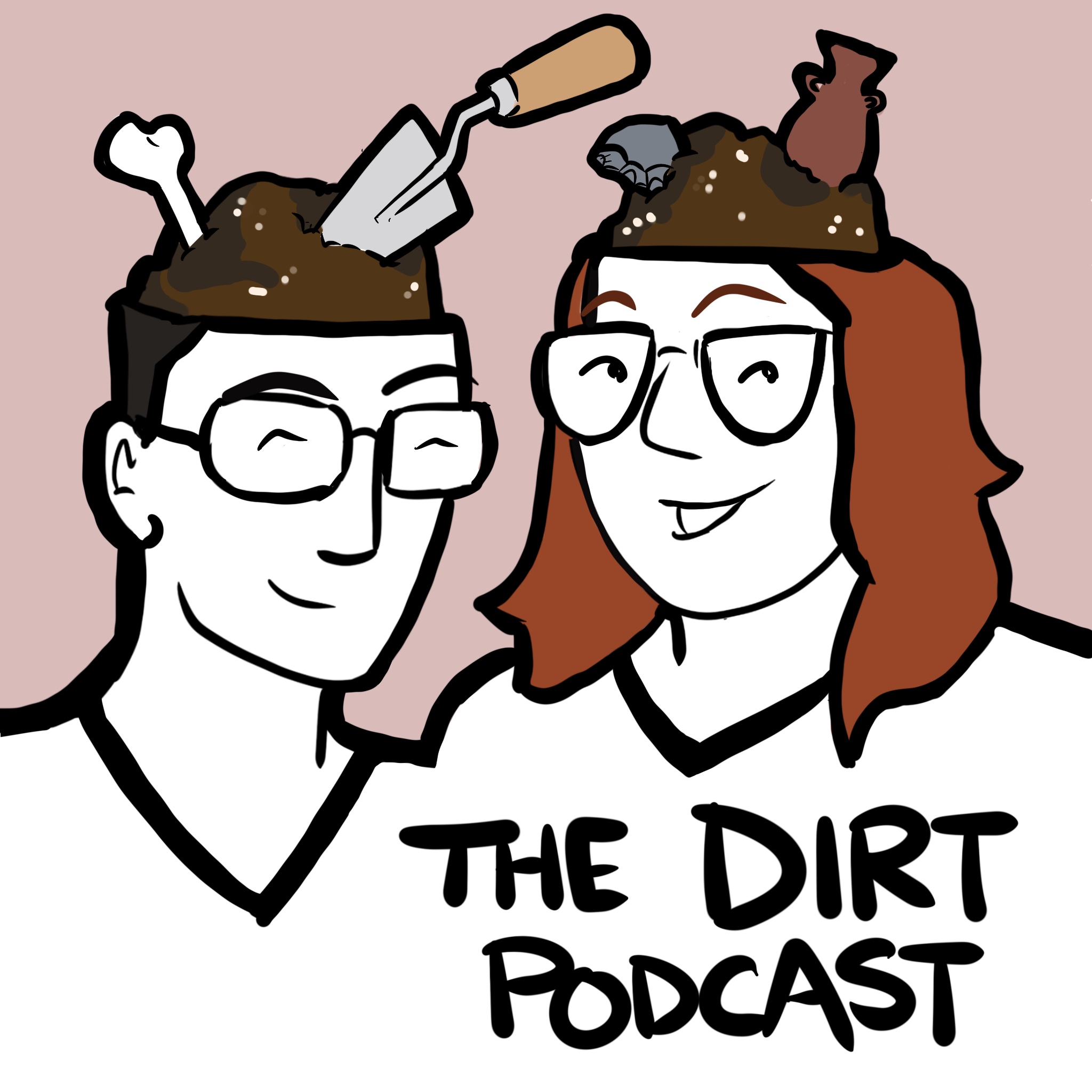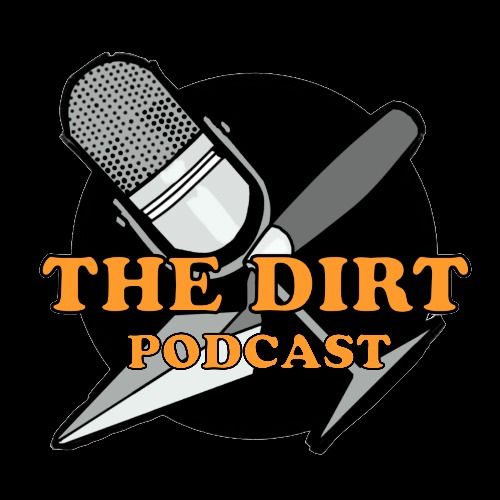bonus
Deep Cuts: Game Night!
This month over on the main feed, we dedicated an episode to households and the home. Since we're all staying in as much as possible right now, let's take a look at what folks have been doing to while away the time over the millennia. We've got games of tag, games of chance, games of skill, games galore! Plus, we take a look at how dice can tell us a lot about the beliefs of the people playing with them, and no matter how much remains in the episode, we cannot understate how long Amber laughed at Anna's report on the Game of the Goose.
To learn more-- and play some games!-- check out:
Childhood Playground Games – A Multilingual Comparison of Etymology (InboxTranslation)
The Forgotten Games of the Corps of Discovery (Frances Hunter’s American Heroes Blog)
The Cochin Jews Of Kerala (My Jewish Learning)
The Royal Game of Ur (Bead Game)
Play Royal Game of Ur (Play Online Dice Games)
How Senet Works (How Stuff Works)
The Ancient Egyptian Game of Senet (Brandeis University)
It's not how you play the game, but how the dice were made (Phys.org)
Cubic Dice: Archaeological Material for Understanding Historical Processes (Revue pluridisciplinaire du monde antique)

